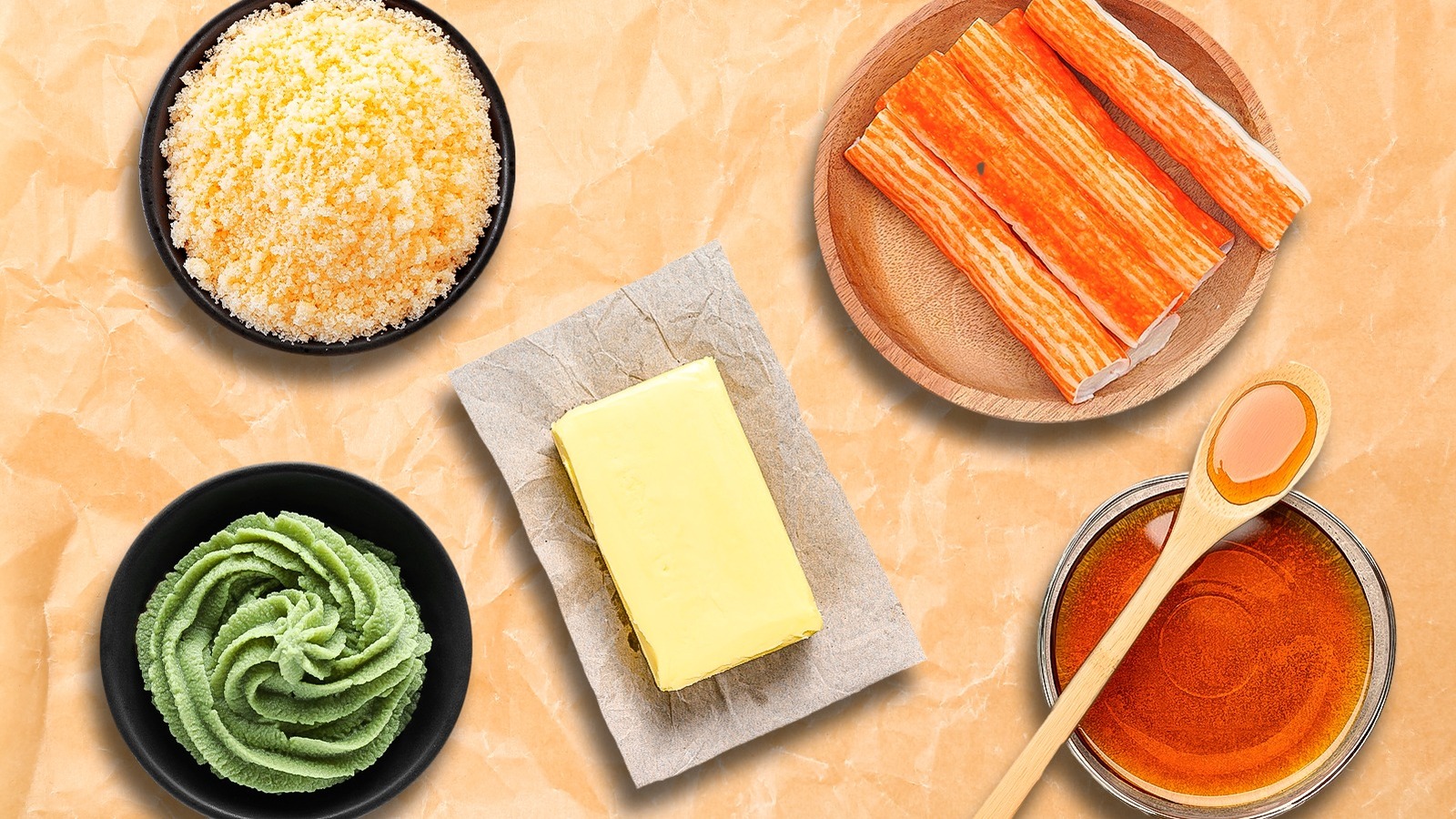
"In grocery stores, many products are misleadingly labeled, presenting themselves as alternatives to traditional foods while often being significantly different in quality or content."
"Imitation foods are designed to offer cheaper, plant-based alternatives, setting expectations for taste and usability that could impact consumer choices."
"Plant-based eggs are a rising alternative, responding to both price hikes in chicken eggs and increasing demand for versatile replacements in various recipes."
"As a frugal shopper, I assess which imitation foods provide genuine value and are worthy of being included in a grocery cart."
The article highlights the prevalence of mislabeled or imitative products in grocery stores, particularly focusing on alternatives to traditional food items. These include plant-based substitutes which cater to consumer demands for affordability and dietary options. The author suggests some imitation products, such as plant-based eggs, can be valuable; they address rising prices and offer various methods for cooking and baking. The article aims to guide shoppers on which imitation foods are worth purchasing based on taste, cost, and dietary suitability.
Read at Tasting Table
Unable to calculate read time
Collection
[
|
...
]